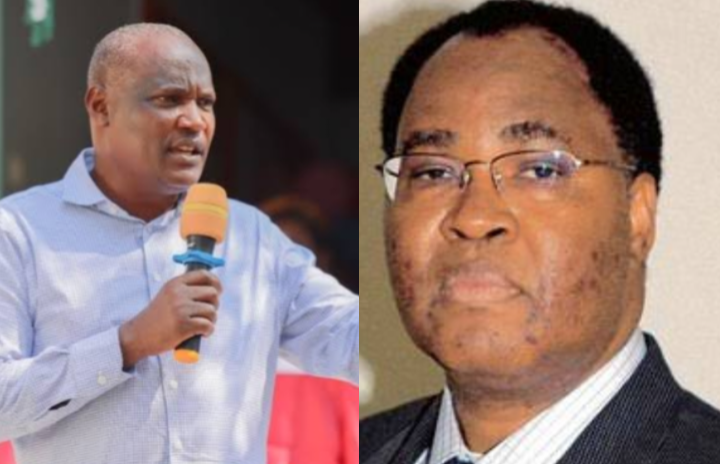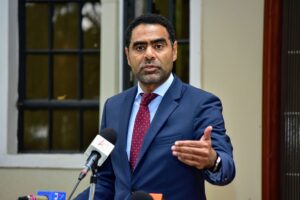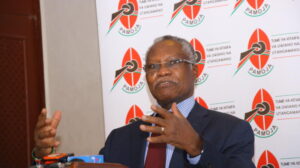Kenya’s Treasury, now under Cabinet Secretary John Mbadi, has come under fire after it emerged that the ministry has given initial approval to a Sh106 billion desalination project in Lamu.
The project, which is supposed to supply clean water and extract saleable minerals, is being pushed through a Public-Private Partnership deal involving a controversial firm tied to individuals with a questionable past.
This includes Stanley Murage, a former advisor to President Mwai Kibaki, and the late American investor Verley Lee “Rocky” Sembritzky, who had a documented history of fraud in the United States.

What is raising eyebrows is not just the project itself, but how it was approved. The Treasury under Mbadi appears to have fast-tracked the deal without proper oversight from key institutions like the Cabinet and the Public Procurement Regulatory Authority.
Despite public outcry and expert concern, Mbadi’s office has remained silent on how due diligence was conducted, especially considering that the project is seeking support from Development Finance Institutions and involves a firm that never updated its shareholding after Sembritzky’s death in 2022.
Sembritzky had been charged with defrauding investors of nearly Sh1 billion, which he spent on luxury items including expensive cars, jewellery, and a $2 million condo.
He settled with U.S. regulators by paying a $6.6 million penalty, but his name still remains linked to Rasli Bahari, the firm behind the Lamu project. The failure by the company to update ownership records means it is unclear who exactly is in control or standing to profit from this deal.

John Mbadi’s role in this has left many questioning his commitment to accountability and financial discipline.
As the new Treasury CS, he took office promising to clean up public finance and promote transparency in government projects. However, allowing a project with such glaring issues to proceed undermines those promises and signals that his ministry may be repeating the same mistakes seen under previous regimes.
With Sh106 billion on the line, Kenyans are worried that the Treasury is exposing taxpayers to massive financial risk.
This comes at a time when the country is already dealing with serious debt problems, and the public is demanding more scrutiny over where their money is going.
Critics say Mbadi should have ordered a thorough review of the project and halted any approvals until all ownership records were verified and proper vetting of the firm was completed.
Social media reactions reflect the growing public frustration. Some users have called the deal a time bomb, while others are accusing Mbadi of either sleeping on the job or deliberately turning a blind eye.
A few even argue that his silence confirms complicity, or at the very least, neglect of duty.
The fact that this project is still expected to proceed with a final contract by April 2025 has many wondering if Treasury under Mbadi is working for the people or for the interests of politically connected individuals.
What could have been a vital solution to water scarcity in Lamu is now being seen as another scandal in the making. Unless Mbadi takes action to restore confidence and cancel the deal until full disclosures are made, this project may go down in history as yet another example of how greed and poor leadership continue to rob Kenyans of meaningful development.





















Add Comment